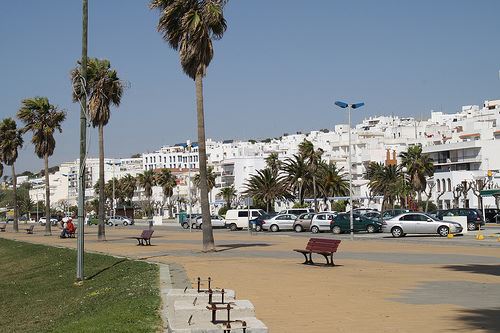Royal Decree-law 2/2012 of 3 February, on the banking sector reform (the “Royal Decree”), entered into force and was published in Spain’s State Official Gazette on 4 February 2012.
This new reform of the banking system is one of the key features, together with the budget and the labor reform, of the new government’s structural reforms programme.
The announced purpose of the Royal Decree is to strengthen the balance sheets of credit institutions to increase confidence and reliability, and to reinforce the Spanish financial system, with a view to allowing access to capital markets and restoring their main role of channeling savings into the real economy.
Main changes:
I. The coverage requirements for certain real estate assets in the balance sheets of credit institutions as at 31 December 2011 have been increased. In particular, the new reinforcement measures affect financings and asset foreclosures or assets received as payment of debts from the real estate sector in Spain.
The Royal Decree provides a deadline to comply with these requirements: 31 December 2012. However, it allows entities that undergo integration processes during 2012 to benefit from a 12-month extension from the date the transaction is authorized. In addition, among other requirements, the total balance sheet of the resulting entity must be at least 20% (10% in exceptional circumstances) higher than the total balance of the business in Spain of the largest institution in the integration.
To benefit from the extension, the resulting institution must comply with the corporate governance rules established in Royal Decree-law 9/2009 for institutions receiving aid from the FROB.
II. The Royal Decree also amends Law 31/1985 and Royal Decree-law 11/2010 concerning the governing bodies of savings banks to lighten their structure and make the operation of savings banks conducting business indirectly more flexible.
The most significant novelties are as follows:
(i) the obligation that savings banks implement the same structure as that of their management bodies in the banks in which they have contributed their financial activity is removed;
(ii) the savings banks’ discretion to make disbursements (including ordinary expenses) unrelated to the community welfare project is limited; and
(iii) From now on, savings banks must become special foundations not only when they lose control of the bank in which they have contributed their financial activity, but also when, even though they still hold control, they have less than 25% of the voting rights in the new bank.
The Royal Decree provides that the State will supervise special foundations through the Protectorate of the Ministry of Economy and Competitiveness, provided that the main scope of action of the bank through which the financial activity is carried out covers more than one autonomous region. This confirms the inclusion of these special foundations in the framework of the distribution of functions between the State and the autonomous regions, as provided under Law 50/2002 on foundations.
III. The Royal Decree establishes significant restrictions to the remuneration of directors, general directors and senior executives, in institutions receiving public aid, by imposing more stringent requirements for institutions in which the FROB has a majority stake. These restrictions apply to fixed and variable remuneration, and may even affect certain pension benefits.
.jpg)

"Conil de la Frontera", Cádiz, Spain, by jose_gonzalvo, at flickr.com